Tag: Digital Transformation
-
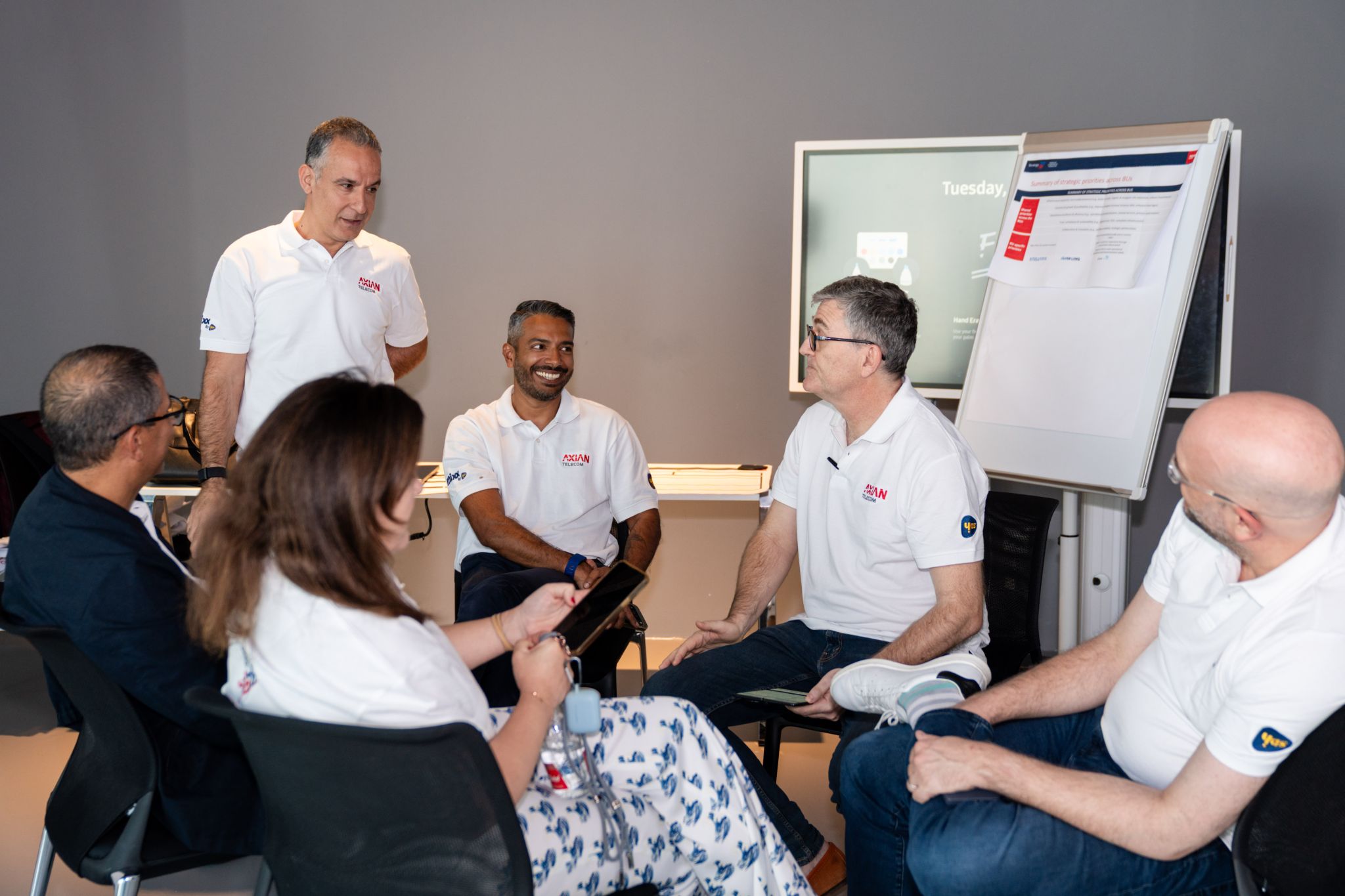
AXIAN Telecom Secures $600 Million in Bond Sale to Drive Digital Expansion and Inclusion Across Africa
AXIAN Telecom, a prominent player in Africa’s telecommunications and digital services landscape, has finalized the successful pricing of its $600 million Senior Notes, set to mature in 2030.
-
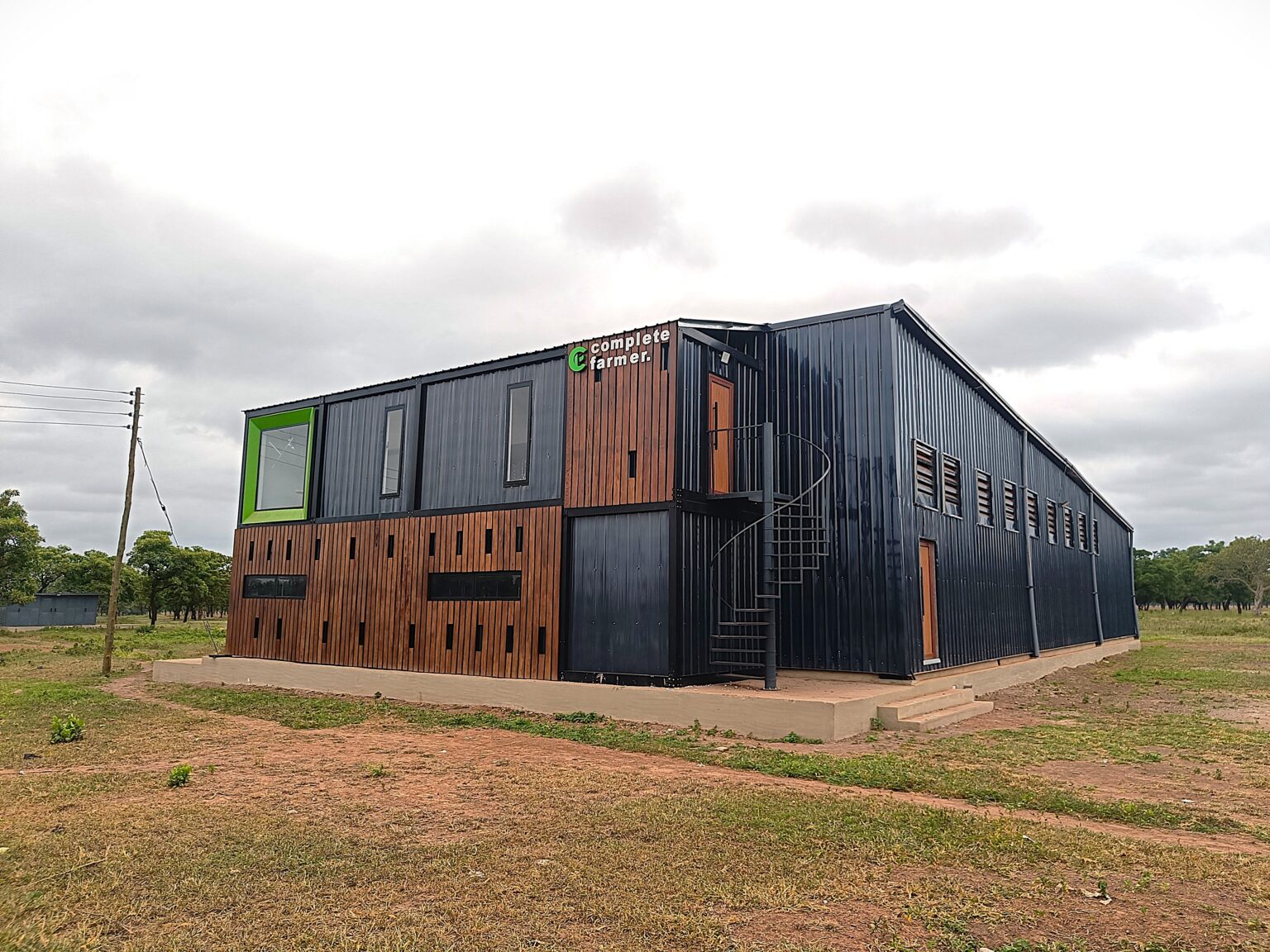
EU-Funded AgriFI Backs Ghana’s Complete Farmer with $2.5M Investment to Empower Smallholder Farmers
Complete Farmer, a pioneering agritech company based in Ghana, has secured an investment of approximately €2.2 million (equivalent to $2.5 million) from the European Union-backed AgriFI initiative.
-
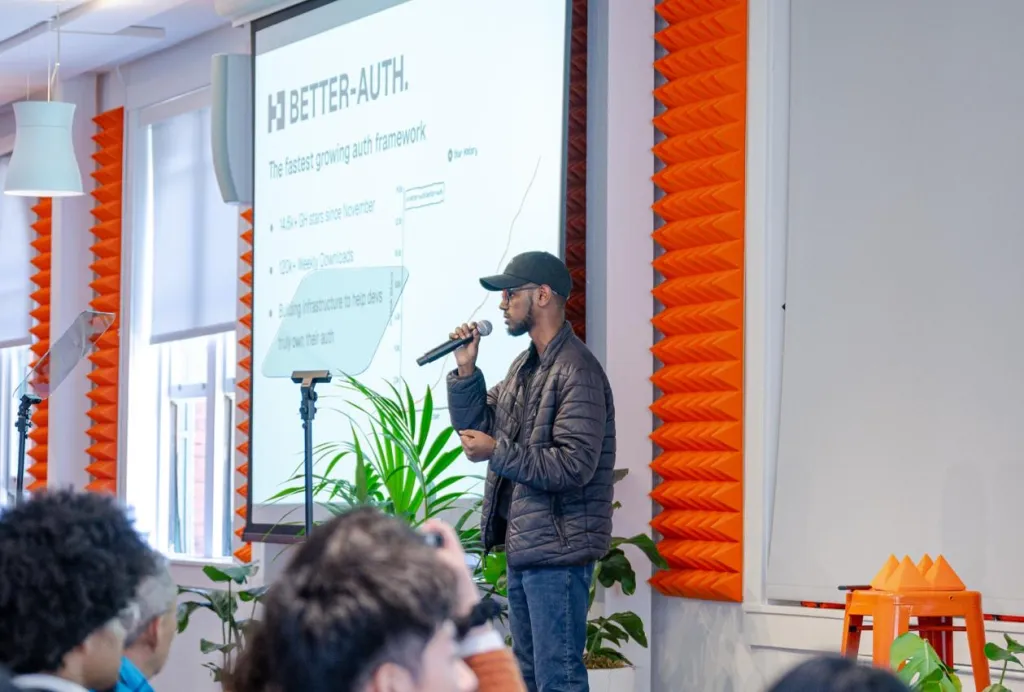
Ethiopian Startup Better Auth Raises $5M Seed Funding to Revolutionize Authentication Tools
Better Auth, a developer-centric authentication platform based in Ethiopia, has successfully raised $5 million in a seed funding round.
-
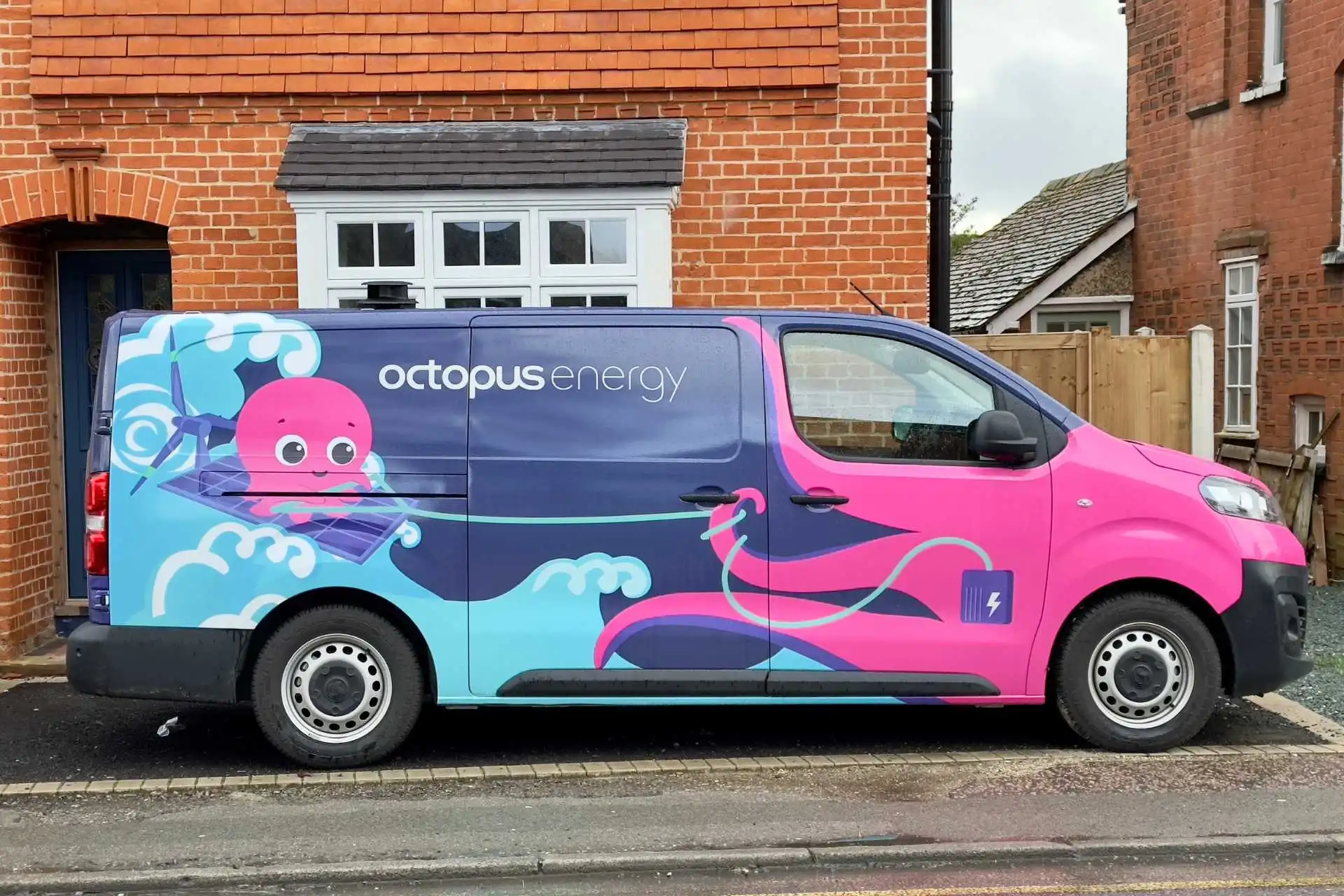
Octopus Energy Launches $250M Clean Energy Fund to Accelerate Africa’s Green Transition
Octopus Energy Generation, the clean energy investment arm of Octopus Energy, has unveiled a new initiative aimed at catalyzing renewable energy development across Africa.
-
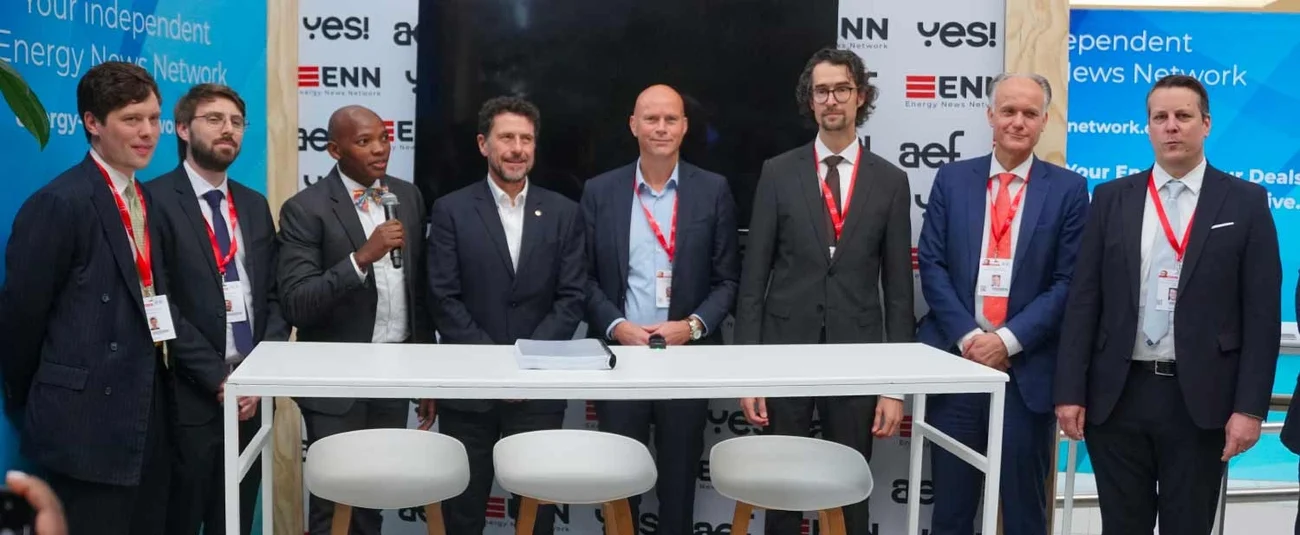
SEFA Pledges $8M Toward $26.5M Solar Project to Strengthen Zambia’s Energy Supply
The Sustainable Energy Fund for Africa (SEFA), a trust fund administered by the African Development Bank, has pledged $8 million as part of a broader $26.5 million financing arrangement for the 32-megawatt-peak (MWp) Ilute Solar Project in Zambia.
-
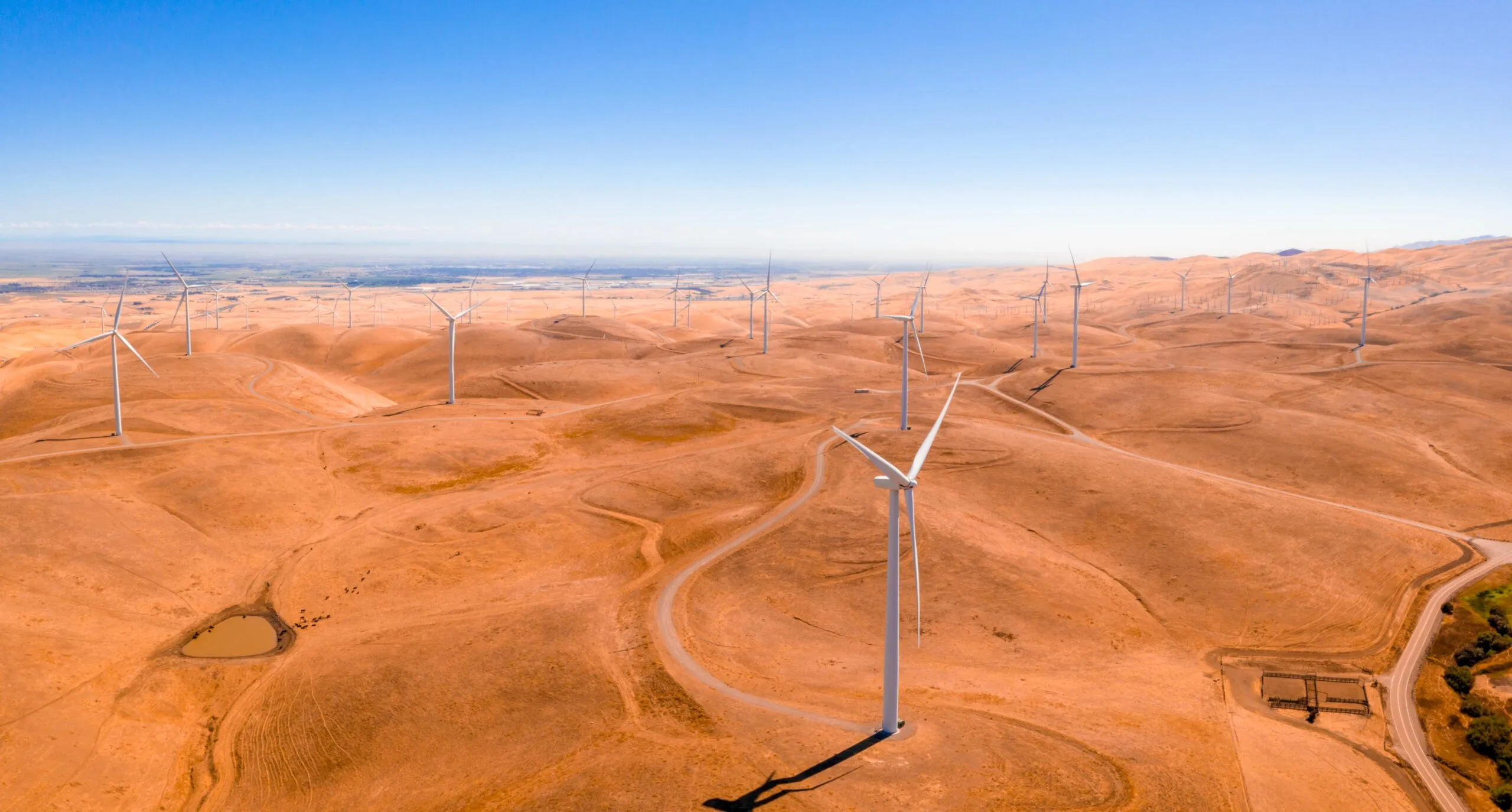
South Africa’s Open Access Energy Raises $1.8M in Seed Funding to Advance Decentralized Energy Trading Tech
South African startup Open Access Energy (OAE) has successfully closed an oversubscribed seed funding round worth $1.8 million, aimed at fast-tracking the growth of its AI-powered platforms that support digital energy infrastructure and real-time electricity trading.
-
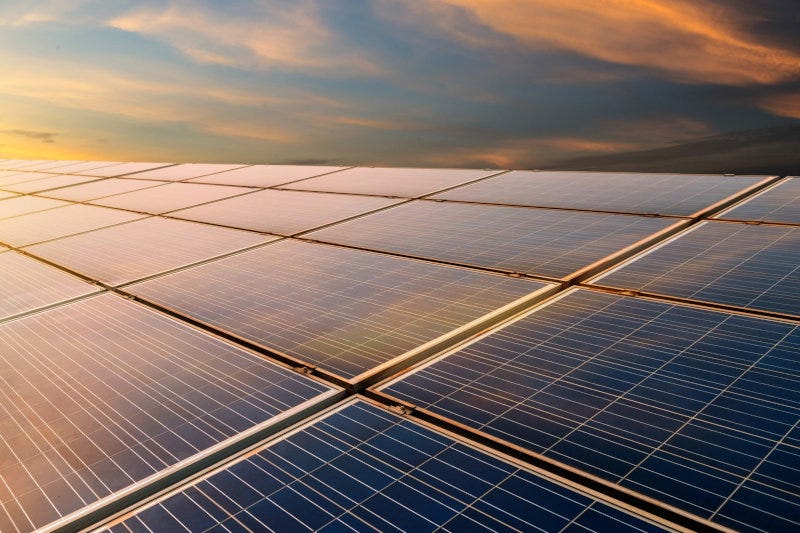
IFC Backs AMEA Power in Launching Egypt’s First Utility-Scale Battery Storage System with $72 Million Investment
The International Finance Corporation (IFC) has unveiled a significant financing deal to advance Egypt’s transition to sustainable energy, with a $72 million loan package for the nation’s inaugural utility-scale battery energy storage system (BESS).
-
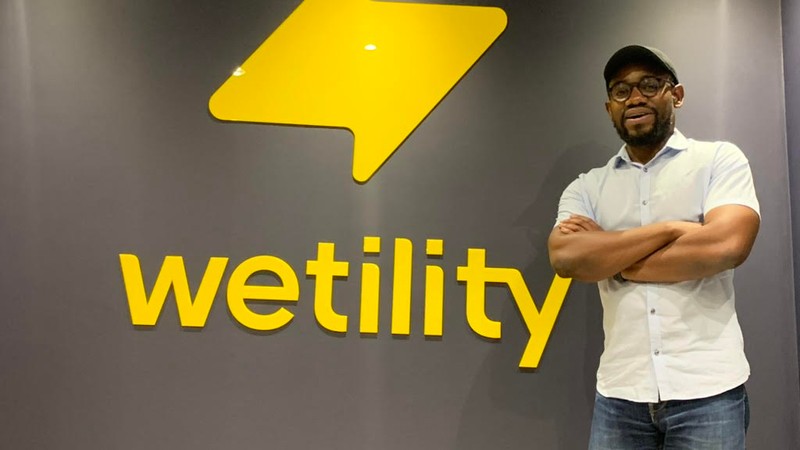
Wetility Secures $27.8 Million Investment to Expand Clean Energy Access Across South Africa
South African solar-as-a-service company Wetility has raised ZAR500 million (US$27.8 million) through a structured capital partnership with Jaltech to boost access to clean, affordable energy across the country.
-
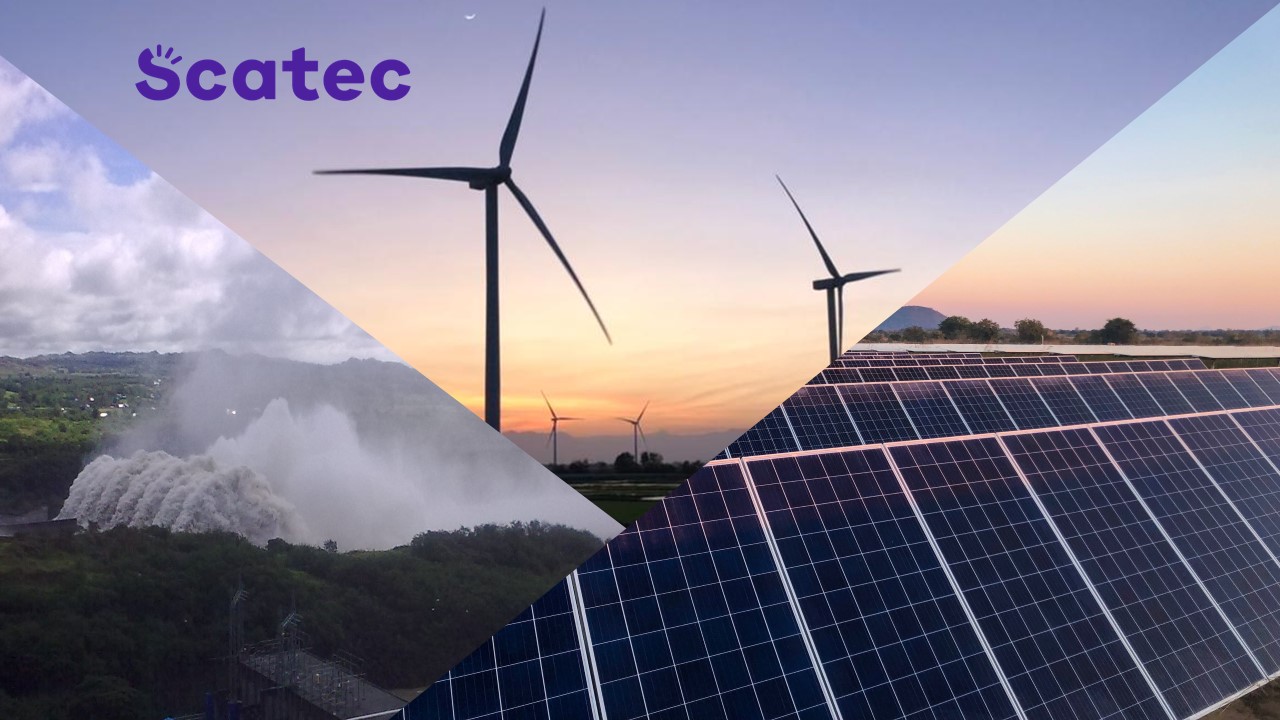
BII, AfDB, and EBRD Commit $479M in Scatec’s Solar Project to Boost Egypt’s Clean Energy Capacity
The British International Investment (BII), the African Development Bank (AfDB), and the European Bank for Reconstruction and Development (EBRD)—have pledged a combined $479.1 million to Obelisk Solar Power, a project vehicle owned by renewable energy company Scatec.